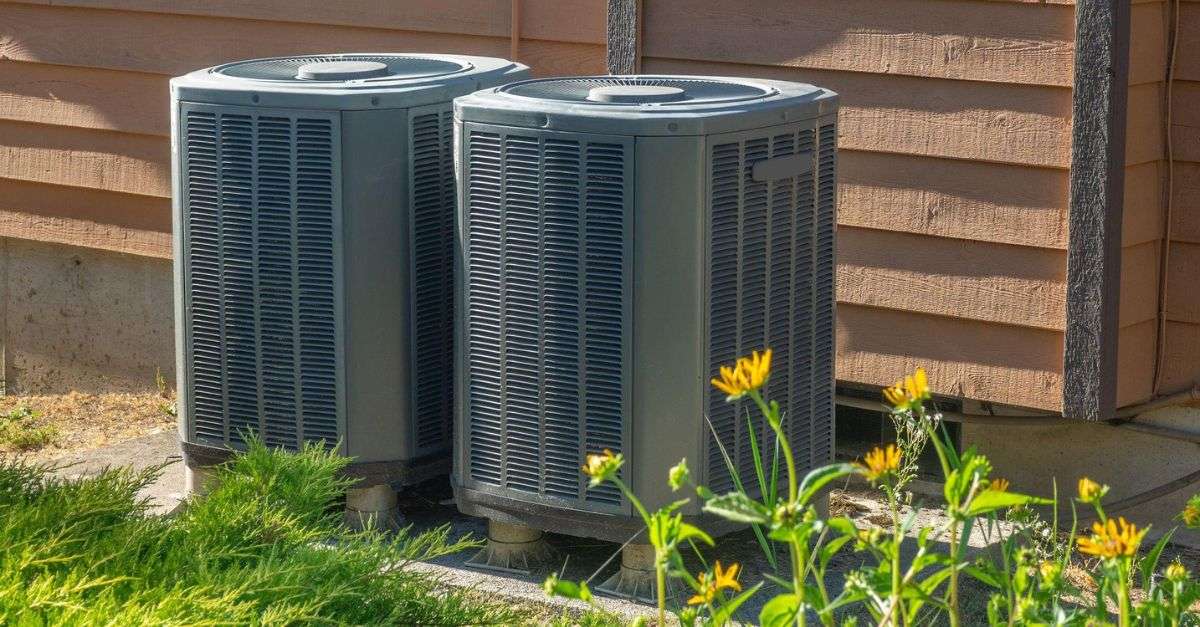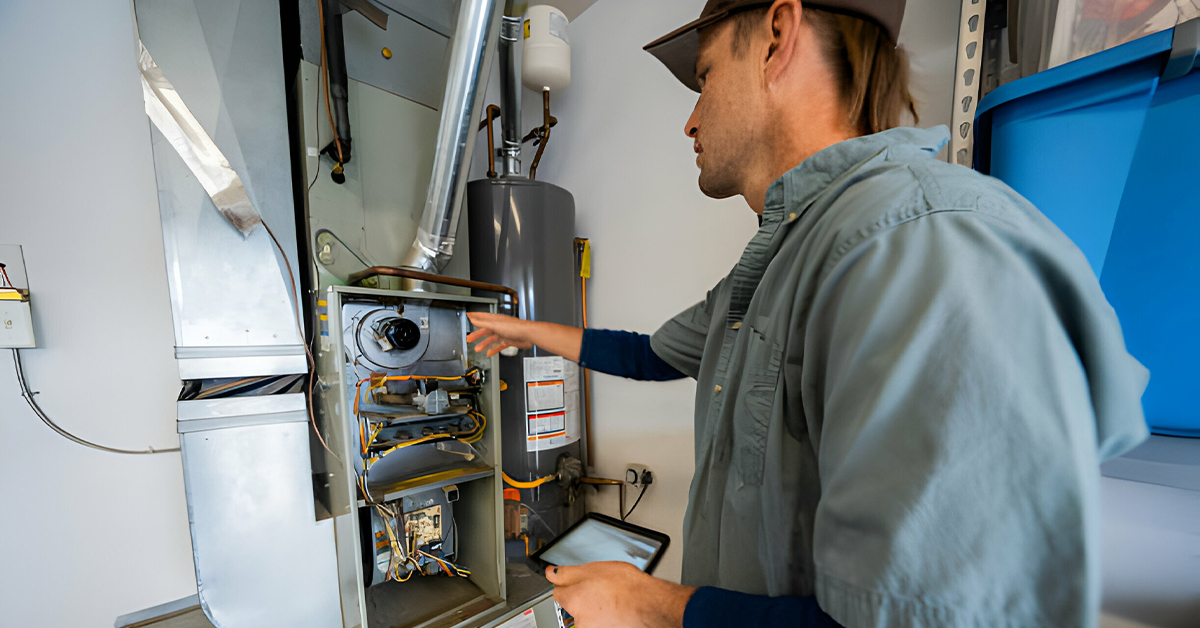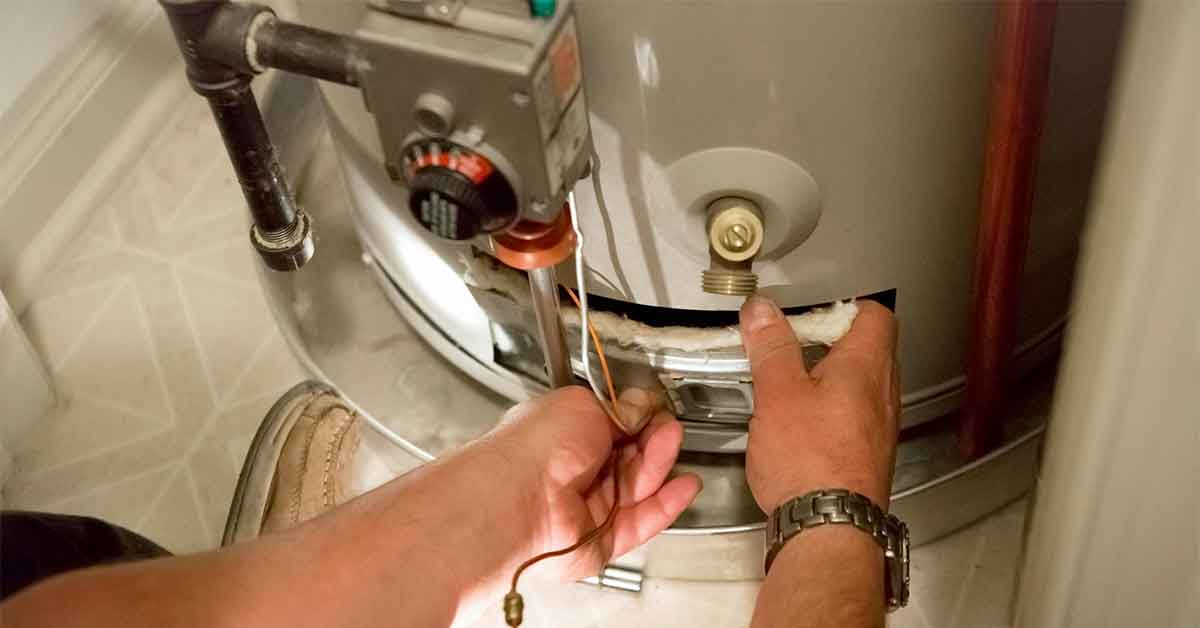Blog


From Furnaces to Heat Pumps: Choosing the Perfect Heating System
Introduction
The journey to select the ideal heating system for your dwelling can be both exciting and overwhelming. The plethora of options in today’s market mandates homeowners to understand the intricacies of each system, ensuring they opt for one that offers maximum comfort and efficiency. This comprehensive guide will serve as your beacon, enlightening you on the nuances between furnaces and heat pumps.
Understanding the Basics of Home Heating
The bedrock of any heating system lies in its fundamental principles. Home heating is more than just warming up your interiors during the chilly winters. It’s about ensuring a consistent and comfortable temperature that transforms a house into a cozy sanctuary. When you’re sifting through options, the pillars to anchor your decision on include efficiency, long-term cost implications, environmental footprint, and the system’s expected lifespan.
Furnaces: The Traditional Choice
Furnaces, a stalwart in the heating domain, owe their popularity to their long-standing history. Whether powered by natural gas, oil, or electricity, furnaces operate by burning their respective fuel, converting it into heat. This heat is then efficiently distributed throughout the house. The allure of furnaces often lies in their high heating capacity.
Especially in regions that experience bone-chilling winters, furnaces can swiftly raise indoor temperatures, enveloping rooms in warmth. Furthermore, being an established technology, homeowners often find solace in the familiarity of its operation and maintenance. However, it’s not all rosy. Furnaces can be a slave to fluctuating fuel prices, especially if they rely on gas or oil. Moreover, their dependence on burning fuels contributes to carbon emissions, which, in today’s environmentally conscious age, is a significant concern.
Heat Pumps: The Modern Marvel
Enter heat pumps, the embodiment of modern heating technology. Unlike furnaces, heat pumps operate on the principle of heat transfer. Instead of generating heat, they astoundingly extract warmth from the seemingly cold outdoor air and transport it indoors. This unique mechanism often lends them superior energy efficiency, making them a favorite for homeowners keen on reducing their energy bills.
What’s more, many heat pumps don a dual hat—they can cool your abode during the scorching summers. From an environmental vantage point, heat pumps shine brighter than traditional furnaces. Their operation reduces reliance on fossil fuels, leading to a diminished carbon footprint. However, every coin has two sides. Heat pumps can be weighty on the wallet during the initial purchase, and in regions that experience extreme cold, their efficiency might see a dip.
Read More: Experience Next-Level Warmth with Advanced Heat Pump Technology
Cost Analysis: Furnace vs. Heat Pump
Discussing the monetary implications is imperative. While scrutinizing costs, it’s pivotal not to get ensnared by just the upfront price. The long-term operating expenses often paint a clearer picture. Heat pumps, despite their initial heftiness, can be more economical in the long run, thanks to their energy efficiency. This could translate to substantially lower monthly utility bills.
Lifespan and Maintenance
Longevity is another prism to view your options. Both furnaces and heat pumps boast impressive lifespans, often crossing the 15-year mark with grace, given they are accorded proper maintenance. However, a point to ponder is that heat pumps, especially those that offer cooling features, operate year-round. This continual usage might necessitate more frequent maintenance checks, ensuring they run smoothly.
Environmental Considerations
In an era where sustainability is more than just a buzzword, the environmental impact of your heating system can’t be overlooked. Heat pumps emerge as the greener alternative when pitted against furnaces. Their modus operandi, which minimizes carbon emissions and reduces dependence on fossil fuels, aligns seamlessly with green initiatives, making them a future-ready choice.
Installation and Compatibility
Beyond performance, the practicality of installing a system plays a pivotal role. While furnaces usually mandate a ductwork system to distribute heat, innovations in the heat pump realm, like ductless mini-splits, offer flexibility. These can be a boon for homes without pre-existing ducts or for those looking to heat specific sections of their home.
Local Climate: A Major Determining Factor
Your geographic location isn’t just essential for your postal deliveries; it’s cardinal when choosing a heating system. Regions that often plunge into deep cold might find furnaces more adept, given their high heating capacity. Conversely, areas with moderate winters could benefit immensely from the efficiencies of heat pumps.
Future Innovations: What’s on the Horizon?
The heating industry is not static; it’s dynamic and constantly evolving. As we look ahead, emerging technologies such as geothermal heat pumps beckon with promises of enhanced efficiencies and a smaller environmental footprint. Staying abreast of these innovations ensures your home is not just warm but also future-proof.
Expert Opinions and Reviews
Before etching your final decision in stone, tapping into the reservoir of knowledge possessed by HVAC professionals can be invaluable. They bring to the table insights distilled from years of hands-on experience. Additionally, perusing through reviews penned by other homeowners can offer real-world perspectives, aiding you in making an informed choice.
Conclusion
The journey from understanding to choosing the perfect heating system is paved with myriad considerations. Whether you tilt towards the traditional furnace or are enamored by the modern heat pump, the linchpin is ensuring it aligns with your unique requirements. After all, the quintessential heating system is one that melds seamlessly with your home, ensuring every winter day is wrapped in warmth and comfort.




